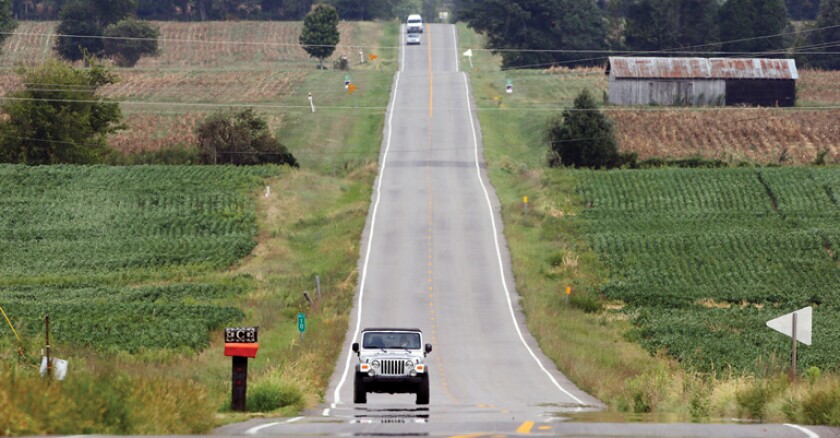A recent rule change to how the state Public Works Board handles objections is an important step in correcting a flawed process that allowed companies to block applicants — including tribes, public utility districts and small municipalities — based on vague promises.
The board must continue its efforts to refine the process and help connect Washingtonians who lack broadband access.
Rural communities are no strangers to acting while others drag their feet. In 1930, they won the right to form their own publicly owned utilities after frustration over slow service from private power companies.
Today, they are vying for the more than $400 million in broadband capital appropriations available, much of which comes from federal coronavirus recovery money. With a shift to remote learning and work, the pandemic laid bare the significant gaps in broadband access across the country, and Washington was no different.
However, as communities applied for funding projects, some were stymied by objections from companies claiming they were in the process of providing equally fast service to those areas or already did so. In the most recent round of funding, eight rural projects were rejected by the Public Works Board, according to reporting by Crosscut, over objections from firms including Rural Wireless LLC and Comcast.
The objection process was intended to avoid overbuilding of services and encourage cooperation between communities and internet service providers, officials said. In practice, an objection based on claims by the provider was enough to kill an application.
The rules change, approved unanimously on April 1, means the objection process requires more than the objector's word that they will provide equal service within two years.
"The onus is on the objector," said Public Works Board broadband program manager Sheila Richardson. "There must exist substantial evidence to support any future commitment within that 24-month deadline."
That evidence may include preliminary engineering designs, permitting and relevant lease agreements, feasibility studies, bills for project materials or other ordering documents.
This is a good start to hold accountable objectors who claim they are in the process of providing service. Still to be addressed are objections from a provider that says it already offers service in a given area, which allows for broad claims.
The Federal Communications Commission's fixed broadband deployment map — which relies on self-reported data from providers — shows about 280,000 people in Washington do not have access to high-speed internet. Data collected by Microsoft indicates 2.2 million people don't use the internet at broadband speeds — a notable discrepancy.
"The main thing is that we're recognizing that the process needs improvement as we learn from how it's being used," said Public Works Board Vice Chair Gary Rowe. "I think that what we're doing is we're responding to the need to make it better."
As more of our everyday lives depend on fast internet service, the board's response, in a timely manner, is critical to ensure that rural Washingtonians aren't left behind.
© 2022 The Seattle Times. Distributed by Tribune Content Agency, LLC.








